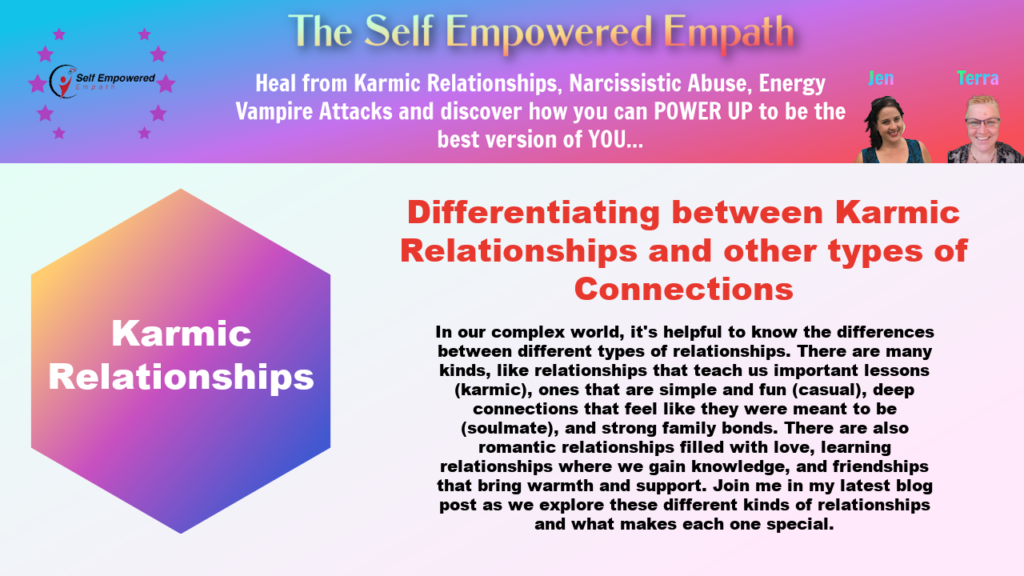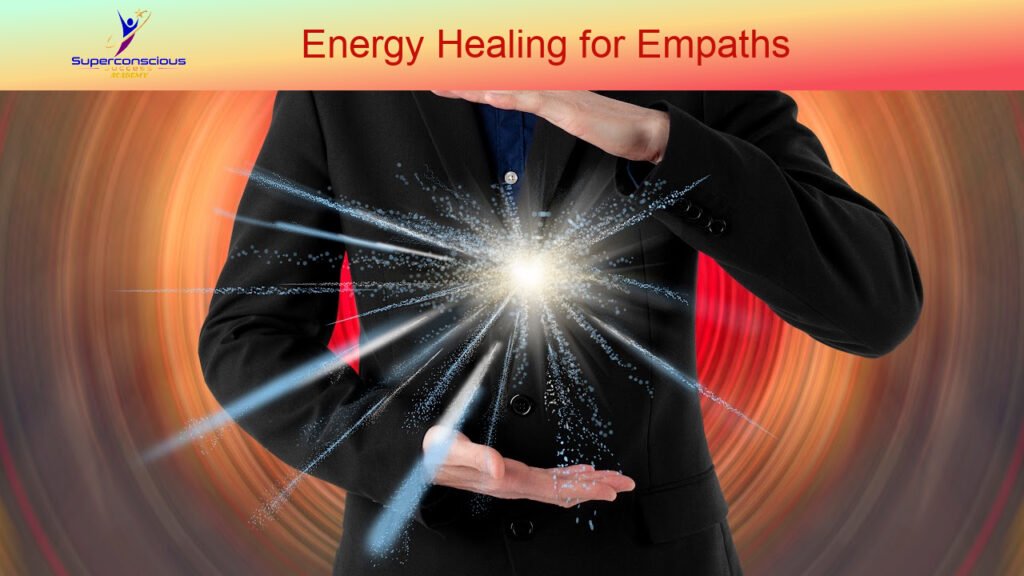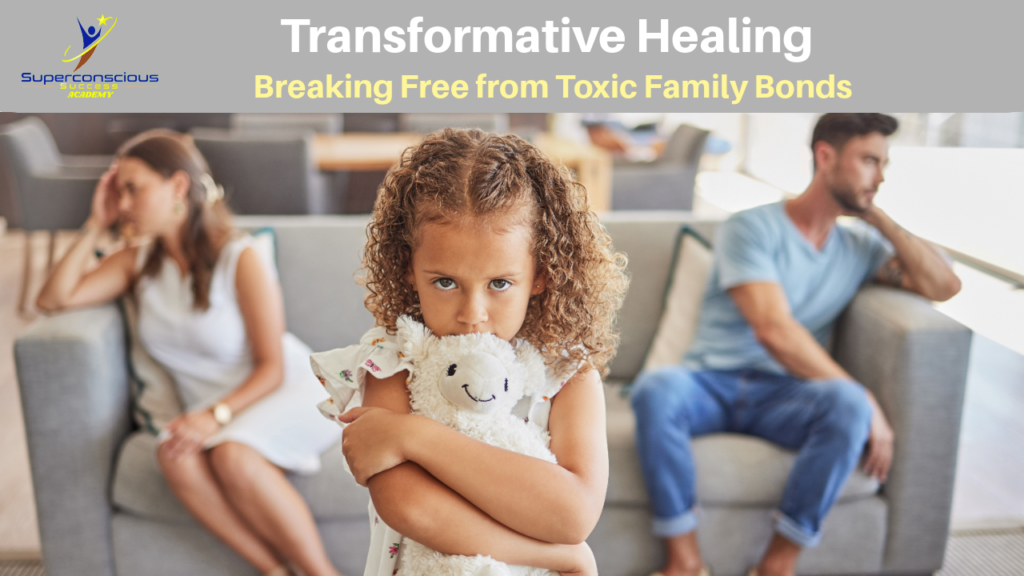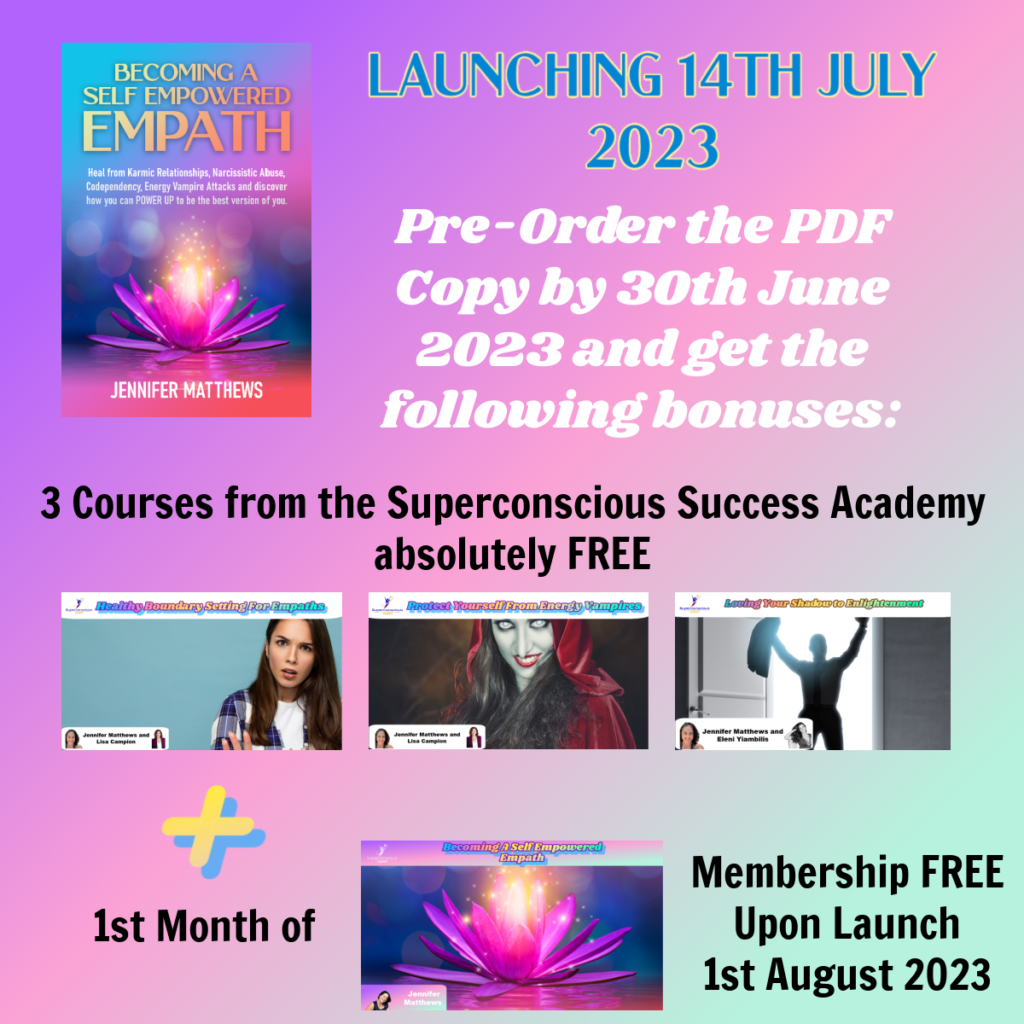
Distinguishing between karmic relationships and other types of connections involves understanding the unique characteristics and dynamics associated with each type of relationship. While the boundaries can be blurry, there are a number of key differences to consider:
Karmic Relationships
Let’s start off by talking about karmic relationships and give some characteristics that may show up in these relationships:
- Intense and Charged Emotions – You will find that karmic relationships are often marked by intense emotions and a strong sense of connection which is hard for you to explain based purely on current-life experiences. These emotions can range from love and attraction all the way to repulsion, or a combination of both.
- Closed Cycles and Learnt Lessons – Karmic connections often involve repeating patterns, challenges or conflicts that have persisted across multiple lifetimes. In my situation, the repeating patterns that kept me stuck was that of low self worth, extremely poor boundary setting and codependency. The karmic comes into our life in an effort to teach the lessons that we need to learn, to address the issues that are unresolved and to ultimately transform as an individual. My karmic came into my life to help me close the cycle on those patterns and start living a more powered up existence.
- Feel like the relationships is Fated or Destined – When you are in a karmic relationship, you may feel a sense of inevitability or destiny between the two of you and you might even sense that you were meant to meet or that your relationship serves a higher purpose.
- Healing and Release – The goal of a karmic relationship is often healing and release and so it is important when in these connections that we confront our past wounds, we learn to forgive and then we learn to let go of our negative emotions in order to move forward.
- Transcending Ego – When we are in a karmic relationship we have the opportunity to move beyond our ego driven desires and attachments and instead focus on deeper self awareness and spiritual evolution.
Now, I will go over the differences between Karmic Relationships and 6 other types of connections you may have in your life:
Karmic Versus Soulmate Relationships
- Karmic relationships are often believed to involve individuals coming together to work through unresolved issues or past karma and so they are seen as an opportunity for growth, learning, and healing by addressing specific lessons or challenges from past experiences. However, soulmate relationships are thought to be based on a deep, spiritual connection between two souls and they are often seen as a source of profound love, understanding, and compatibility, therefore providing emotional support, growth, and mutual fulfillment.
- Karmic relationships can be intense and emotionally challenging as you work through your issues and confront your past traumas. However, soulmate connections are typically harmonious and filled with love and understanding.
- Both karmic relationships and soulmate relationships can exist across multiple lifetimes. However, in some instances karmic relationships only come into your life for the period until you have addressed and resolved your karmic lessons. This means there may be cycles of connection, separation and then reconnection in some instances, once the healing has taken place. Soulmate relationships on the other hand are long lasting and enduring and are believed to have a timeless quality, with soulmates feeling drawn to each other across many lifetimes.
Karmic Versus Family Relationships
- Karmic relationships are believed to be based on choice at a spiritual level, where souls enter soul contracts prior to entering the physical to help other people address unresolved issues or lessons. However, family relationships are often based on obligation and circumstance, whereby individuals do not choose their family members and instead they are born into or inherit these relationships.
- Karmic relationships can vary in duration, and they may involve cycles of connection, separation, and reconnection as individuals work through their karmic lessons. However, family relationships are typically considered lifelong, and they endure regardless of the challenges or conflicts that may arise within the family unit.
- Both karmic relationships and family relationships can be emotionally charged. However, while karmic relationships are emotionally intense due to you having to face deep-seated emotions and unresolved issues, family relationships are often influenced by a long history of shared experiences, family traditions, and cultural dynamics.
- The primary purpose of a karmic relationship is often personal growth, learning, and healing while the primary purpose of family relationships is to provide emotional support, stability and a sense of belonging within the family unit.
Karmic Versus Romantic Relationships
- Karmic relationships are often believed to involve individuals coming together to work through unresolved issues or karma from past experiences in order to promote growth while romantic relationships are typically based on love, attraction, and emotional connection.
- Karmic relationships can be emotionally intense and may involve both positive and negative emotions while romantic relationships are often marked by the positive emotions associated with love and attraction.
- Both karmic relationships and romantic relationships can vary in duration.
- As explained previously, karmic relationships are often believed to be based on choice at a spiritual level, where individuals have some level of agency in choosing to engage with specific people to address unresolved issues or lessons. However, romantic relationships are typically based on mutual attraction and choice and individuals choose to enter into romantic partnerships based on their feelings and compatibility.
- The intensity of karmic relationships can lead you to feel a strong pull or connection to each other, even if you are not in a committed partnership. However, romantic relationships often involve varying degrees of commitment, with many couples pursuing exclusive, long-term relationships, and even marriage.
- Karmic relationships have a spiritual or metaphysical focus, with an emphasis on the idea that individuals come together to work through past-life issues or karma, while romantic relationships have less emphasis on spiritual or metaphysical aspects and instead are focused on emotional and personal connection.
- Karmic relationships are often seen as opportunities for personal growth and healing and it’s goal is to resolve past issues and learn important life lessons. However, romantic relationships are often pursued for the purpose of building a loving and fulfilling partnership, with the goal of sharing life experiences and creating a future together.
Karmic Versus Learning Relationships
- The primary purpose of karmic relationships is to work through unresolved issues or karma from past experiences and therefore they are opportunities for personal growth, learning, and healing by addressing specific life lessons or challenges. However, the purpose of a learning relationship is to gain knowledge or grow in some way, whether it’s in a personal, professional, or educational context.
- Karmic relationships can be emotionally intense and may involve both positive and negative emotions, while emotional connection is not necessarily the primary goal of learning relationships.
- Both karmic relationships and learning relationships can vary in duration and while karmic connections may involve cycles of connection, separation, and reconnection as individuals work through their karmic lessons, learning relationships may last for a specific periods (i.e. teacher-student relationship) or they may evolve and continue over time in personal or professional settings.
- Karmic relationships may or may not involve commitment, but their intensity can lead individuals to feel a strong pull or connection to each other, even if they are not in a committed partnership. However, learning relationships may involve commitment in terms of dedicating time and effort to acquire knowledge or skills and so the commitment in learning relationships is often related to the pursuit of personal or professional growth.
Karmic Versus Friendships
- The primary purpose of a karmic relationship is personal growth, learning, and healing by addressing specific life lessons or challenges, while friendships are formed for companionship, mutual support, and shared experiences. While friendships can also lead to personal growth and learning, their primary purpose is often the enjoyment of each other’s company and the support of one another.
- While friendships can have emotional depth they are typically characterized by a more stable and positive emotional connection. This differs from karmic relationships which can be emotionally intense and involve both positive and negative emotions.
- Both friendships and karmic relationships can vary in duration and while karmic relationships can be long or short lived (until you have worked through your karmic lessons), friendships may evolve or change over time as circumstances change.
- Karmic relationships are based on a choice at a spiritual level while friendships are chosen based on mutual choice and affinity.
- While the goal of a karmic relationship is to promote personal growth and healing, the goal of a friendship is typically based on companionship, emotional support, shared interests and the enjoyment of each others company.Karmic Relationship: The goal of a karmic relationship is often to resolve past issues, learn important life lessons, and promote personal growth and healing.
Karmic Versus Casual Relationships
- Karmic relationships are believed to have a deeper purpose beyond the surface connection. They are often seen as part of a spiritual or cosmic plan, where individuals come together to work through unresolved issues or past karma. However, casual relationships, on the other hand, are typically more surface-level and may not have a specific purpose beyond enjoyment, companionship, or fulfilling immediate desires and they often lack long-term commitment and emotional depth.
- Karmic relationships are known for their intense emotional highs and lows, which may be emotionally challenging and may involve a lot of emotional growth and healing as individuals confront their past issues or traumas. However, casual relationships are often marked by a more relaxed and carefree attitude, with less emotional investment and attachment.
- Karmic relationships are believed to have a deeper purpose beyond the surface connection. They are often seen as part of a spiritual or cosmic plan, where individuals come together to work through unresolved issues or past karma. However, casual relationships, on the other hand, are typically more surface-level and may not have a specific purpose beyond enjoyment, companionship, or fulfilling immediate desires and they often lack long-term commitment and emotional depth.
- Karmic relationships may or may not involve commitment, but they often feel fated or predestined and can lead you to separate indefinitely (once the cycle is complete or prompt you to come back together even after periods of separation. However, casual relationships typically lack the commitment associated with more serious partnerships and have a lack of exclusivity seen in other relationships.
- Karmic relationships are often seen as opportunities for personal growth, healing, and transformation and they may challenge you to confront unresolved issues and make positive changes in your life, while casual relationships are less likely to serve as a catalyst for significant personal growth or change.
To learn more about Karmic Relationships and how you can finally complete the cycle, check out my NEW course in the Superconscious Success Academy…












